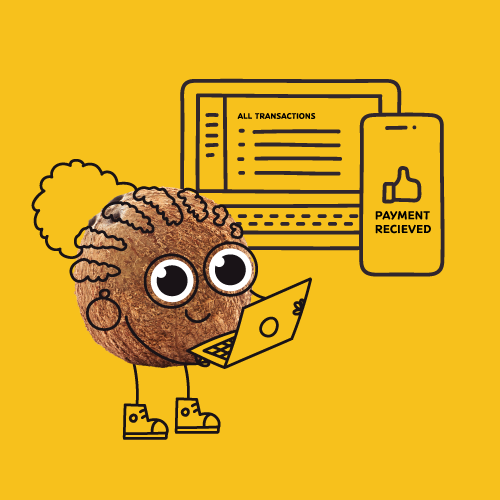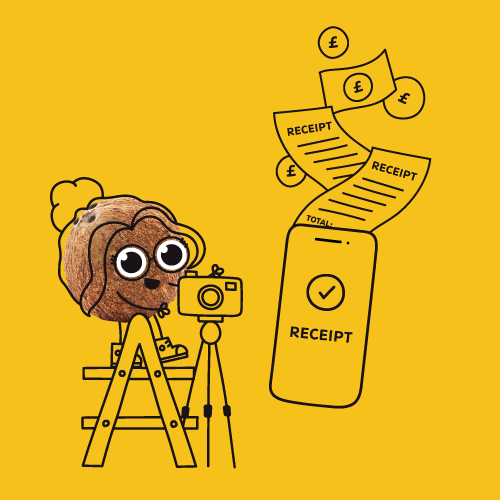Every year, millions of self-employed people miss the opportunity to make key tax savings, resulting in more of their hard-earned cash falling into the pockets of HMRC.
The key to this is allowable expenses; knowing what you can claim and having a reliable and easy way to keep on top of it all so you don’t miss out.
Here’s our guide to effortless expenses.
1. Know what you can claim
Let’s start by taking a look at some common expenses, and what can and can’t be claimed:

Travel
- Includes: Business-related car or van costs, such as vehicle insurance, fuel, hire charges, repairs, servicing and breakdown cover. Plus - any trips by bus, train, taxi or plane.
- But not: The cost of travelling between home and work (commuting or travelling to your business premises doesn’t count).
- Example: A taxi journey to an external meeting is allowable, but not one to your usual place of work.

Office Supplies
- Includes: Stationary, printing and ink, computers (and other hardware) and business-related software.
- But not: Any software tools on a business computer that are for personal use (e.g. Adobe Photoshop for editing personal photos).
- Example: You can expense a new laptop to design websites for clients, but not a new pair of headphones for your commute to the office.

Premises
- Includes: Rent, maintenance and repair, utility bills, property insurance, and security.
- But not: Any costs relating to buying or building your business premises.
- Example: If you work from home, you can apportion a part of your rent (and even utility bills) to be expensed - read more here.

Marketing
- Includes: Advertising, directory listings, flyer printing, free samples and website costs.
- But not: Costs for entertaining clients, suppliers and customers, or event hospitality.
- Example: Purchasing leaflets for clients is allowable, but buying them dinner isn’t!
To see an exhaustive list of all expenses and categories, head over to HMRC's website. The rules differ in some cases depending on whether you're a Sole Trader or a Limited Company. If in doubt, it's always best to speak with an accountant.
2. The ‘wholly and exclusively’ rule
The benefits of claiming all of your allowable expenses is pretty clear, but you can’t claim everything. The rule of thumb is that you can only claim expenses which are ‘wholly and exclusively’ for business purposes.
If you can prove that your purchase was made solely for business use, you should be able to claim it as an expense.
3. Keep an accurate record
Keeping track of what you bought, and when, is key – and Coconut makes this part really easy. Whenever you make a purchase, we automatically categorise it for tax and send you a notification reminding you to snap the receipt and upload it to the app so you don’t have to worry about it later.
With handy tools like notes and VAT management, all your bookkeeping is done within a few seconds of the purchase taking place. Goodbye shoebox of receipts!
You’ll also find useful tips on what you can and can’t claim to help you learn the rules and maximise your tax savings with confidence.











